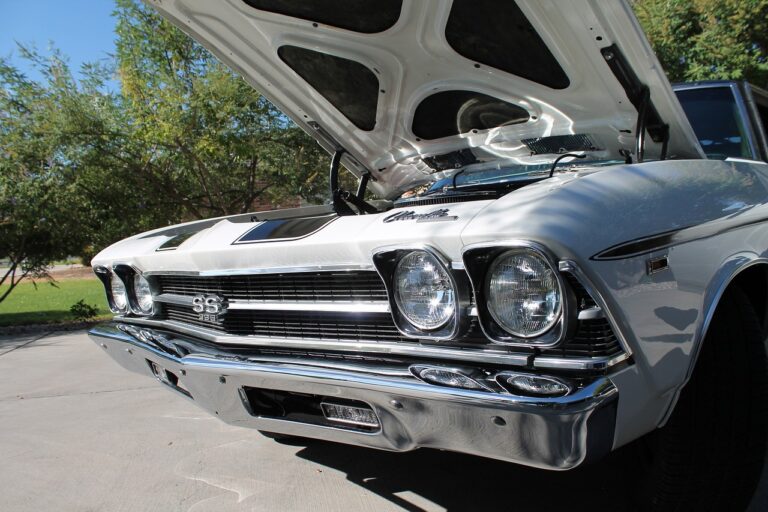Addressing Challenges in Automotive Glass Supply Chain Resilience
bet book 250.com, 11xplay online, yolo 247 login:Addressing Challenges in Automotive Glass Supply Chain Resilience
In the fast-paced world of automotive manufacturing, ensuring a resilient supply chain is crucial. Any disruption in the supply chain can result in delays, increased costs, and ultimately impact the bottom line. One crucial component of the automotive supply chain is automotive glass, which is used in vehicles for windshields, side windows, and rear windows. Addressing challenges in the automotive glass supply chain resilience is essential to ensuring a smooth and efficient manufacturing process.
Challenges in the automotive glass supply chain resilience can arise from various factors such as:
1. Supply chain disruptions: Natural disasters, political unrest, and economic downturns can all lead to disruptions in the automotive glass supply chain. These disruptions can result in delays in production and increased costs.
2. Quality concerns: Ensuring the quality of automotive glass is critical to the safety and performance of vehicles. Any issues with the quality of automotive glass can lead to recalls, reputational damage, and increased costs.
3. Cost pressures: Automotive manufacturers are constantly under pressure to reduce costs while maintaining quality. This can put strain on the automotive glass supply chain, leading to challenges in sourcing affordable and high-quality automotive glass.
4. Sustainability: With an increased focus on sustainability, automotive manufacturers are looking for ways to reduce their environmental impact. This includes sourcing automotive glass from sustainable sources and ensuring that the manufacturing process is eco-friendly.
To address these challenges and ensure a resilient automotive glass supply chain, automotive manufacturers can take several steps:
1. Diversify suppliers: Relying on a single supplier for automotive glass can be risky. By diversifying suppliers, automotive manufacturers can reduce the risk of supply chain disruptions and ensure a reliable source of automotive glass.
2. Invest in quality control: Implementing stringent quality control processes can help automotive manufacturers ensure the quality of automotive glass. This can help prevent issues such as defects or recalls and maintain the trust of consumers.
3. Collaborate with suppliers: Building strong relationships with automotive glass suppliers can help manufacturers address challenges in the supply chain. By working closely with suppliers, manufacturers can identify potential issues early on and find solutions together.
4. Embrace technology: Leveraging technology such as data analytics and automation can help automotive manufacturers improve efficiency and visibility in the supply chain. This can enable manufacturers to quickly respond to any disruptions and ensure a smooth manufacturing process.
By addressing challenges in the automotive glass supply chain resilience, automotive manufacturers can ensure a reliable and efficient supply chain. This can help manufacturers meet consumer demand, reduce costs, and maintain a competitive edge in the industry.
—
FAQs
Q: What are the common challenges in automotive glass supply chain resilience?
A: Some common challenges include supply chain disruptions, quality concerns, cost pressures, and sustainability issues.
Q: How can automotive manufacturers address challenges in the automotive glass supply chain resilience?
A: Automotive manufacturers can address these challenges by diversifying suppliers, investing in quality control, collaborating with suppliers, and embracing technology.
Q: Why is it important to ensure a resilient automotive glass supply chain?
A: Ensuring a resilient automotive glass supply chain is crucial for automotive manufacturers to meet consumer demand, reduce costs, and maintain a competitive edge in the industry.






